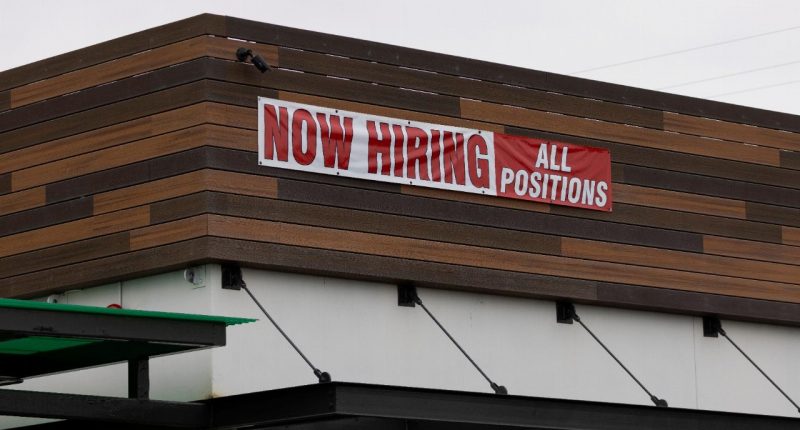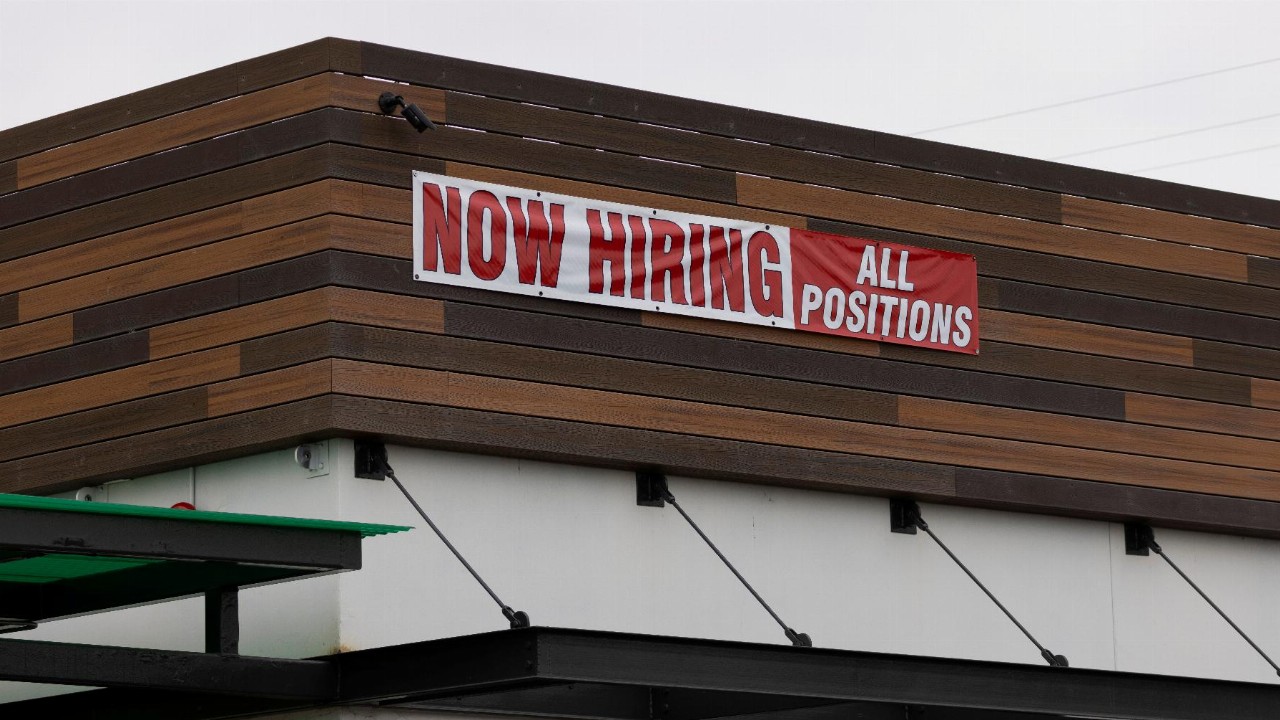- A new survey from Western Australia’s peak business body finds a local skills shortage and ongoing border closures are set to cost businesses $1.5 billion over the next year
- The Chamber of Commerce and Industry WA says long-term business confidence has hit a 12-month low as the state faces a shortfall of roughly 55,000 workers
- These are workers who would normally be recruited from interstate or overseas, meaning as long as borders remain shut, the issue is unlikely to be resolved
- On average, WA businesses expect to lose roughly $140,000 over the next 12 months as they strain to keep up with demand while “reluctantly” reducing operations
- Roughly half of the businesses surveyed say they are upskilling employees, investing in training programs, or boosting existing employees’ wages in bids to retain staff
A new survey from Western Australia’s peak business body found a local skills shortage and ongoing border closures are set to cost businesses some $1.5 billion over the next year.
The Chamber of Commerce and Industry WA (CCIWA) said its September Business Confidence Survey found the state is facing a shortfall of roughly 55,000 workers who would normally be recruited from interstate or overseas.
The result is a major dip in long-term business confidence to its lowest point since September 2020.
According to the survey, the lowered confidence is the result of a “cocktail of rising material costs, ongoing skilled and unskilled labour shortages, and the reintroduction of hard border restrictions with NSW and Victoria”.
On average, WA businesses that responded to the survey said they expected to lose roughly $140,000 over the next 12 months as they strain to keep up with demand while “reluctantly” reducing operations.
Manufacturing businesses and professional services firms are faring the worst, expecting to lose an average of $177,000 and $221,500 over the next 12 months, respectively.
However, worker shortages are most prominent in the accommodation and food sectors, which account for almost one in four vacant jobs. The resource sector accounts for nearly one in five vacancies.
Importantly, the CCIWA said one in four vacant spots must be sourced from overseas, meaning the issue can’t be resolved while borders remain shut.
While roughly half of the businesses surveyed said they were upskilling existing employees, investing in training programs, or boosting existing employees’ wages in bids to retain staff, the overwhelming majority of WA businesses supported border policy that lines up with the National Cabinet roadmap.
According to CCIWA, three-quarters of businesses want the interstate border opened once WA hits an 80-per-cent vaccination rate, with 73 per cent of businesses also wanting an end to snap lockdowns and hard international borders upon reaching that milestone.
CCIWA Chief Economist Aaron Morey said on top of vindicating the National Cabinet roadmap, the survey results reinforce the need for economic diversification in WA.
“With a significant budget surplus, the Government has cover to fuel growth through tax and regulatory reform, as well as more strongly competing against other markets for business investment,” Mr Morey said.
“Recent investment attraction efforts from Queensland and NSW show there is fierce competition for business investment.”
Nevertheless, despite the need for more workers, the CCIWA survey said ongoing low interest rates and general optimism around the domestic vaccine rollout are continuing to buoy WA business confidence and offset the worst of the worker shortfall predictions.
The findings from the CCIWA survey affirm a report from independent advisory group Infrastructure Australia released last week that flagged the need for a greater supply of labour in the public infrastructure sector.
According to Infrastructure Australia, 34 out of 50 public infrastructure occupations were potentially in shortage.







